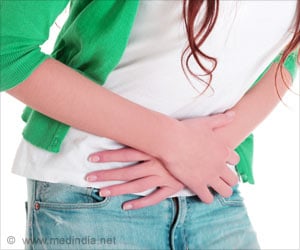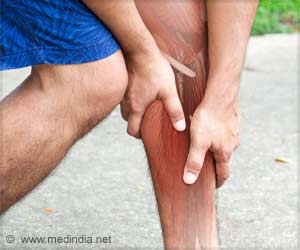24th July is observed as International Self-Care Day every year to bring to the public the need for self-care.
- The annual observation of the International Self-Care Day on 24th July aims to spread awareness on the key role of self-care in everyday life for every man, woman and child.
- The 2017 theme for International Self-Care Day is ‘Get better with Self-Care’
- Self-care refers to the everyday choices that individuals make regarding their own mental and physical health, and fitness.
Self-care refers to the everyday choices and decisions that individuals make regarding their own mental and physical health, and fitness. The WHO defines self-care as “the ability of individuals, families and communities to promote health, prevent disease, maintain health, and to cope with illness and disability with or without the support of a health-care provider”. Self-care happens to be one of the foundational aspects of everyday health care, yet remains a largely unappreciated public health concern.
International Self-Care Day 2017:‘Get better with Self-Care’
In 2017, the theme for the ISD is ‘Get better with Self-Care’. Patients, physicians, health care providers, pharmacists and all other stakeholders in health management are invited to play a vital role in promoting the importance of self-care within their communities. The ISF is organizing various outreach programmes based on the theme in Kunming, China.
Self-Care: A Brief History
Since the dawn of human civilization, men and women have taken care of their own health. Individual health care as a common practice, particularly within the family, has been taken-for-granted. It was only around the 19th Century that science and technology moved ahead with leaps and bounds. Medical science was one of the primary beneficiaries of these advances. New medical discoveries were made that revolutionized health care, and individuals heaved a sigh of relief as physicians took over the task of caring for their health. At this point of time, self-care and self-medication were even considered thoroughly undesirable, unhealthy practices, and were relegated to the background.
Personal care or self-care refers to the entire gamut of healthy lifestyle choices including healthy eating, lifestyle changes like quitting smoking and alcohol consumption, proper hygiene, healthy living conditions and environment, fitness regimes, correct self-medication. It is not just vital to be aware of the need for self-care. One also has to be familiar with safe, correct ways of taking care of one’s self.
- A balanced diet with the correct amount of nutrients is the first step towards healthy self-care.
- Regular physical activity along with light exercise which can involve performing household chores, playing, walking, jogging, cycling, dancing. You need to be conscious of your weight, your bone and joint muscles and of reducing high blood pressure and cardiovascular disease risks.
- Personal hygiene is often overlooked, but this happens to be of paramount importance when it comes to maintaining health. Keep your hands and nails clean at all times. Wash your hands with soap after using the washroom, before and after handling food, when returning home from outside and after coming into contact with sick people, or stray animals.
- Women should take care to maintain menstrual hygiene. Wash yourselves well and use regular change of hygienic sanitary napkins. Wash your private parts each time a change is made. Sanitary hygiene should be maintained by men, women and children.
- Tobacco kills. So quit smoking or any other forms of tobacco use. Avoid alcohol, or at least reduce, excessive consumption of alcohol.
- 6-8 hours of sound sleep is essential for adults and children. Sleep heals the mind and the body, enhances the general quality of life, and is essential for physical and emotional well-being of humans.
- Drink lots of water to detoxify the body and remain hydrated. Use clean water for drinking and cooking. Maintain cleanliness while preparing and consuming food.
- Mental health is as vital as physical health. Be positive, reduce mental stress.
- Keep your environment clean. A healthy environment means a healthy, happy you. Do not throw garbage in open areas as that could lead to various infections and diseases.
- Remember to get yourself and your child vaccinated against certain infectious diseases and other communicable and non-communicable diseases, at the proper times.
- Protect yourself against sexually transmitted diseases (STDs). Use contraceptives, and restrict engaging in intercourse with multiple partners.
- In case you are self-medicating, inform yourself about the safety and side-effects of over-the-counter medications. Certain drugs are easily accessible without a physician’s prescription or the supervision of any health care professional. The consumer has to therefore, take complete responsibility, and use these drugs sensibly.
References:
- Looking Forward To International Self-Care Day 24 July 2017 - (http://isfglobal.org/looking-forward-international-self-care-day-24-july-2017/)
- Self Care for Health - (http://apps.searo.who.int/PDS_DOCS/B5084.pdf)










